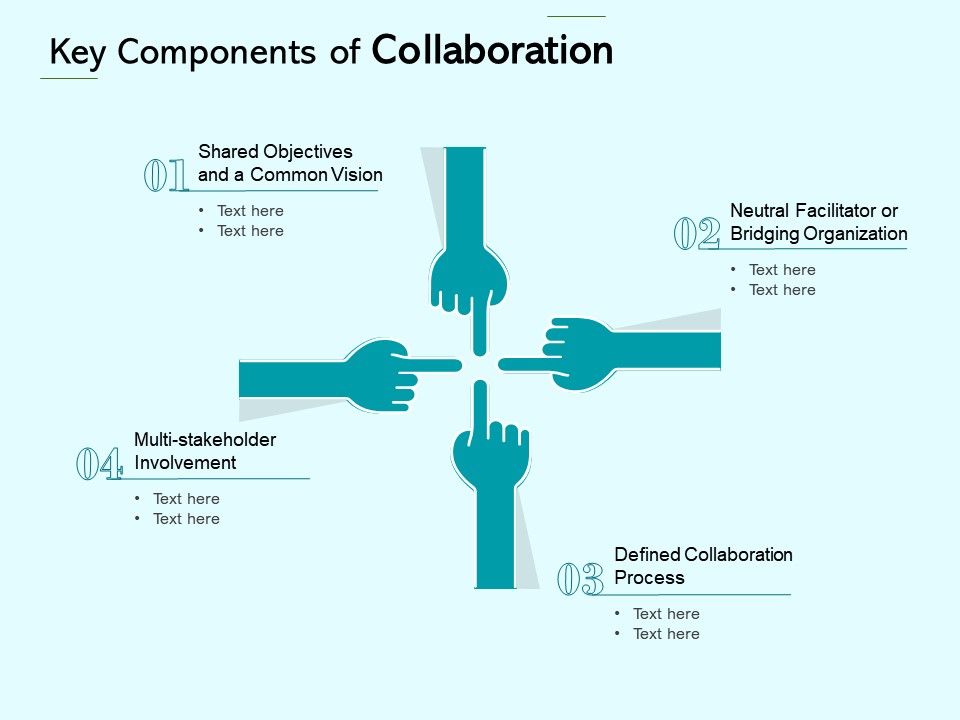International Collaboration: A Key To Effective Cross-Border Crime Control

Table of Contents
Sharing Intelligence and Information for Enhanced Crime Prevention
Real-time information sharing across borders is critical for effective crime prevention. Transnational criminal networks often operate across multiple jurisdictions, making it imperative for law enforcement agencies to collaborate and share data seamlessly. This enhanced information exchange facilitates proactive investigations and allows for a more comprehensive understanding of criminal activities.
- Improved data analysis leading to proactive investigations: Access to a wider range of data allows for better pattern recognition and predictive policing, enabling law enforcement to anticipate and disrupt criminal activities before they occur.
- Faster identification and apprehension of suspects: Sharing information about suspects, their movements, and their methods allows for quicker identification and apprehension, reducing the time criminals have to operate and potentially commit further offenses.
- Disruption of criminal networks operating across multiple jurisdictions: By pooling intelligence, law enforcement agencies can identify and target the key players and infrastructure of transnational criminal organizations, leading to the disruption of entire networks.
- Examples of successful intelligence-sharing initiatives: Interpol's I-24/7 global police communications system is a prime example, facilitating real-time information exchange between law enforcement agencies worldwide. Similar initiatives exist at regional levels, focusing on specific crime types or geographical areas.
However, challenges remain. Data privacy and sovereignty concerns often complicate the process. Establishing robust legal frameworks and protocols that ensure data protection while enabling efficient information sharing is crucial for successful international collaboration in crime fighting.
Joint Law Enforcement Operations for Effective Criminal Prosecution
Coordinated law enforcement operations, such as joint task forces and investigations, are essential for tackling complex transnational crimes. These operations bring together the expertise and resources of multiple agencies, enhancing the capacity to investigate and prosecute criminals operating across borders.
- Increased capacity to tackle complex, transnational crimes: Joint operations provide the necessary scale and resources to effectively investigate intricate criminal activities involving multiple jurisdictions and actors.
- Enhanced expertise and resource pooling: By bringing together specialists from different agencies, joint operations benefit from a wider range of expertise and access to specialized resources.
- Improved success rates in investigations and prosecutions: The collaborative nature of joint operations often leads to more robust evidence gathering and stronger prosecutions, resulting in higher conviction rates.
- Examples of successful joint operations: International efforts to combat human trafficking and drug smuggling often involve joint operations coordinated by international organizations and national law enforcement agencies.
Jurisdictional challenges and legal complexities can hinder the effectiveness of joint operations. Clear agreements on jurisdiction, evidence admissibility, and legal procedures are essential to ensure smooth collaboration and successful prosecution.
Harmonizing Legal Frameworks and Extradition Treaties for Streamlined Justice
Consistent legal frameworks and efficient extradition mechanisms are crucial for streamlined justice in cross-border crime. Harmonizing legal definitions of offenses and streamlining extradition processes are vital for ensuring that criminals are held accountable regardless of where they operate.
- Faster and simpler extradition processes for criminals: Effective extradition treaties minimize bureaucratic delays and legal obstacles, ensuring that criminals are swiftly transferred to the jurisdiction where they will be prosecuted.
- Reduced legal loopholes exploited by criminals: Harmonized legal frameworks reduce the opportunities for criminals to exploit inconsistencies in laws across different jurisdictions.
- Increased accountability for offenders: Efficient extradition and consistent legal frameworks ensure that criminals are held accountable for their actions, regardless of where they attempt to evade justice.
- Examples of successful international legal cooperation initiatives: The Council of Europe’s Convention on Cybercrime is a significant example of international cooperation in harmonizing legal frameworks to address transnational cybercrime.
Negotiating and implementing international legal agreements can be complex and time-consuming. However, the benefits of harmonized legal frameworks and efficient extradition procedures significantly outweigh the challenges.
Strengthening International Cooperation Through Capacity Building and Training
Investing in training and development programs for law enforcement agencies is crucial for strengthening international cooperation. These programs enhance the capacity of agencies to effectively combat transnational crime by equipping them with the necessary skills, knowledge, and resources.
- Improved investigative skills and techniques: Training programs can equip law enforcement officers with advanced investigative skills and techniques specifically tailored to tackling transnational crime.
- Enhanced knowledge of transnational criminal networks: Training should provide insights into the structure, operations, and tactics of transnational criminal organizations.
- Better understanding of international legal frameworks: Training should cover international laws, conventions, and treaties related to crime fighting and cross-border cooperation.
- Increased collaboration and communication skills: Training should focus on enhancing communication and collaboration skills, essential for successful joint operations.
Tailored training programs addressing specific crime types and regional challenges are crucial for optimizing the impact of capacity building initiatives. Investing in such programs is essential for building a globally coordinated and effective response to cross-border crime.
Conclusion
This article has demonstrated that international collaboration is paramount in effectively combating cross-border crime. The sharing of intelligence, joint operations, harmonized legal frameworks, and capacity building are essential elements for a robust and effective global crime-fighting strategy. By prioritizing cross-border cooperation and global crime fighting, we can significantly enhance our ability to disrupt transnational criminal networks and bring offenders to justice. Strengthening international collaboration through increased investment in joint initiatives, improved information-sharing mechanisms, and enhanced training programs is crucial for a safer future. Let's prioritize international collaboration to effectively combat transnational crime and build a more secure world for all.

Featured Posts
-
 Wildfires Drive Uks Rarest Animals To The Brink Of Extinction
May 13, 2025
Wildfires Drive Uks Rarest Animals To The Brink Of Extinction
May 13, 2025 -
 Untangling The Story What Tory Lanezs Peterson Album Reveals
May 13, 2025
Untangling The Story What Tory Lanezs Peterson Album Reveals
May 13, 2025 -
 China Trade Talks Trump Administration Targets Tariff Relief And Rare Earths
May 13, 2025
China Trade Talks Trump Administration Targets Tariff Relief And Rare Earths
May 13, 2025 -
 Mortgage Rates Below 3 Can They Revive Canadas Housing Market
May 13, 2025
Mortgage Rates Below 3 Can They Revive Canadas Housing Market
May 13, 2025 -
 Colin Jost And Scarlett Johanssons Income Disparity Public Reaction And Analysis
May 13, 2025
Colin Jost And Scarlett Johanssons Income Disparity Public Reaction And Analysis
May 13, 2025
